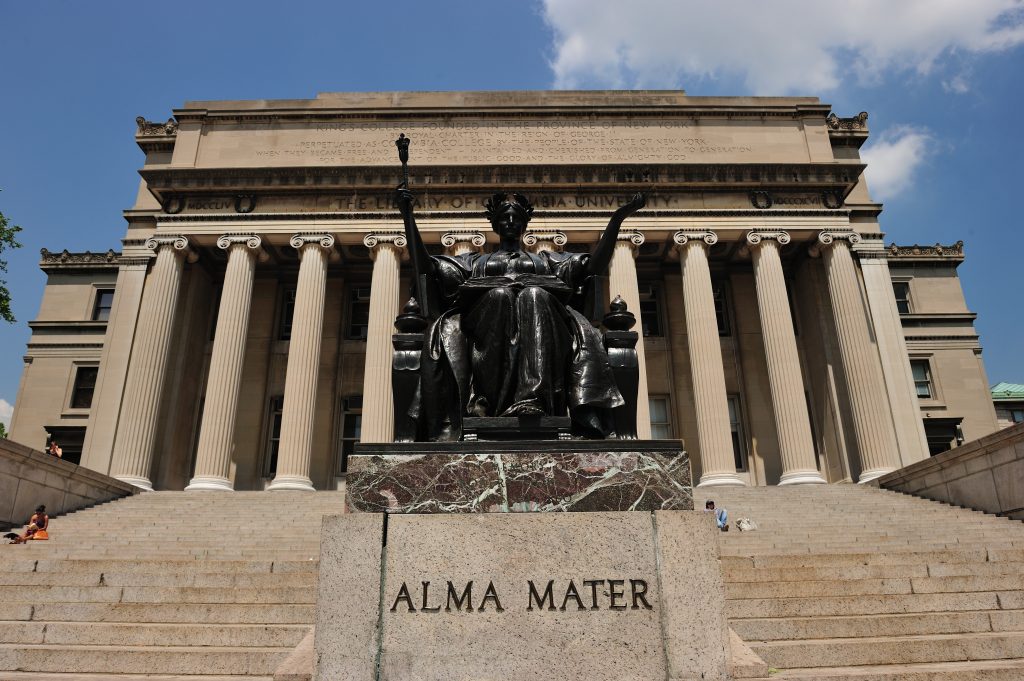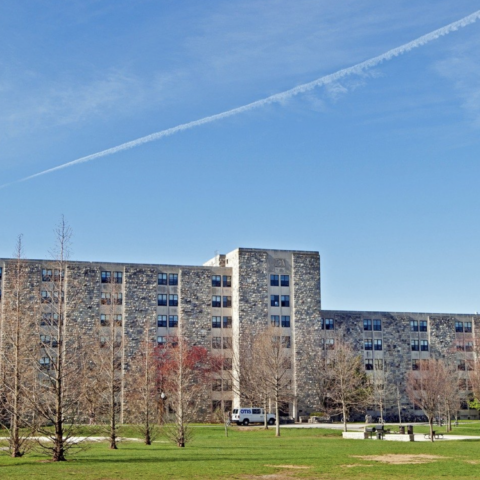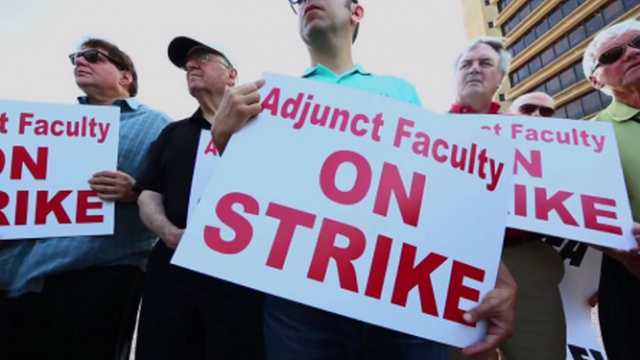By: Mark Rush

The higher education world had its annual frenzy this week when the US News and World Report released its Best College Rankings to a flurry of press. Though minor details differ each year, the storyline has consistently remained the same: the Ivy League and elite private schools retain their perch at the top, and colleges boast their ranks to donor bases, while simultaneously decrying the rankings as meaningless. This year Princeton held the number one spot (as it has 15 times since the ranking’s origin in 1983) and the usual suspects fell in line below. The University of Georgia clocked in at an admirable 62. Rarely are seismic shifts seen in the rankings as Stanford, Harvard, Yale, and Princeton generally rotate through the top four spots. While the US News and World Report’s goal is to help prospective undergraduates choose a college to attend, the rankings may be suffocating the true mission of college: education. As schools scramble to gain in the rankings game their focus turns to prestige and amenities instead of focusing on educating their students. The US News methodology is the root of the problem. The rankings attempt to do for universities what the Fortune 500 does for business, but colleges do not have defining numbers like gross revenue. Instead, US News must rely on a few concrete variables like graduation rate and then a lot of vague ones. The publication’s model weights one of these intangibles—undergraduate academic reputation—highest, comprising 22.5 percent of the ranking. Reputation is determined from a survey of top school administrators. The academic’s perspective of prestige holds a lot of sway. The journal accounts for the student perspective, on the other hand, through a variable for retention. The model does weigh retention heavily with 22.5 percent, but this shallow estimate does not explain a student’s educational experience. Educating the mind, therefore, takes a backseat to other factors in the world of US News rankings. Instead of preparing students for the workforce, universities build cushy dorms and create five star cafeterias. Grade inflation has become an epidemic, but schools construct more and provide better recreational centers to appease the god of ranking. George Washington University is a prime example of this trend as it transitioned itself from a commuter school to a number 54 ranking in the US News and World Report. This came at a cost, and affordability was thrown out the window as George Washington followed the national trend of rising tuition bills. Other universities have battled their way to the top in less ethical ways. In 2012 it came to light that Emory University and other universities had misreported data to college rankings. The clamor for prestige has shown a different side of the Ivory Tower. All of this prestige, though, is not making students learn more. An increasing number of students are no longer feeling prepared for jobs and the “real world.” Rising tuition is causing many to question the value of a college education. This occurs while universities are investing millions to develop their campuses. Instead of competing on quality of courses, universities compete on amenities. Schools that may want to increase their rankings know they cannot compete with the education standard of Harvard and Princeton, so they build. The entire idea of choosing a school for a ranking misses the mark. College is, at its core, about learning and expanding the mind, but layer upon layer has been added. Obviously, the college experience is about more than the classroom, but a college’s intrinsic value proposition will always be learning. In a battle between amenities and academics the academy should always triumph. The US News rankings are tipping the scales, though, toward unimportant factors that drive up tuition and leave graduates unprepared to face the world after college. The American system of higher education is simply too precious to allow it to be defined by a flawed ranking system. For its part, the US News and World Reportwarns students reading the rankings not to rely solely on a college’s spot in the rankings to choose. These ranking systems cannot be avoided and there are many others that would like to take the place of US News. It is critical that students, administrators, colleges, and society do not take these rankings too seriously. A college education is not just another accomplishment to check off, but a process of learning to become a well educated citizen of the world. It is important to recognize that the value of a college education is so much greater than the prestige of a specific institution.

